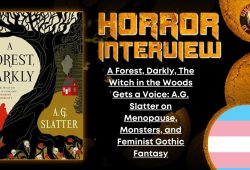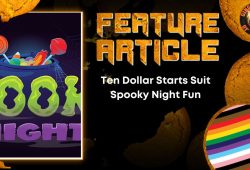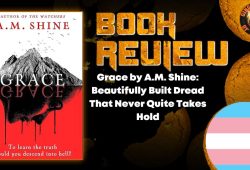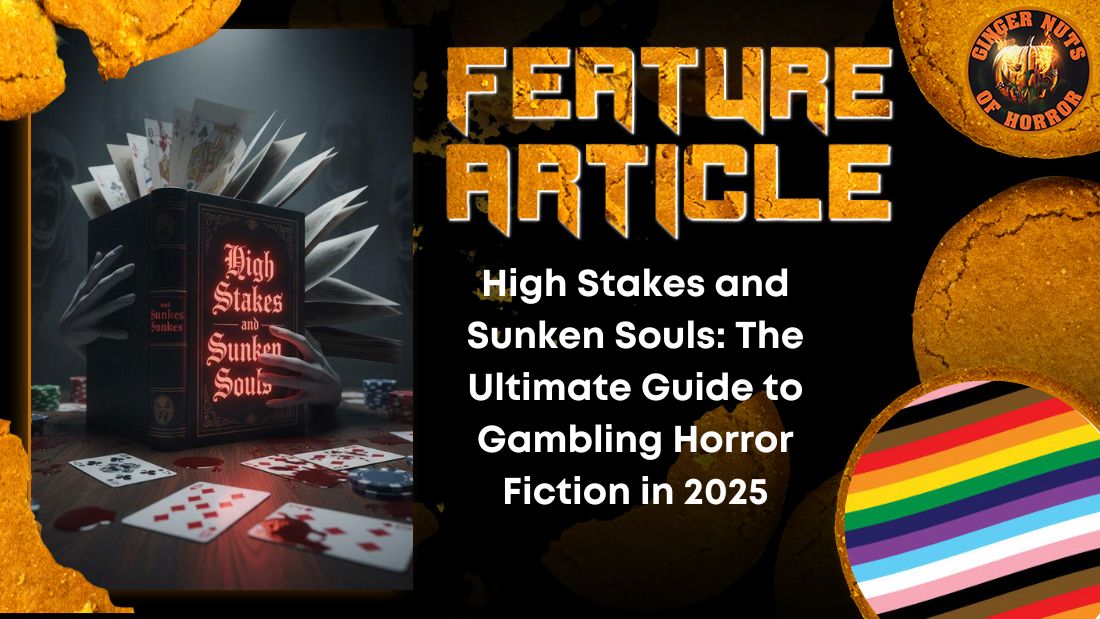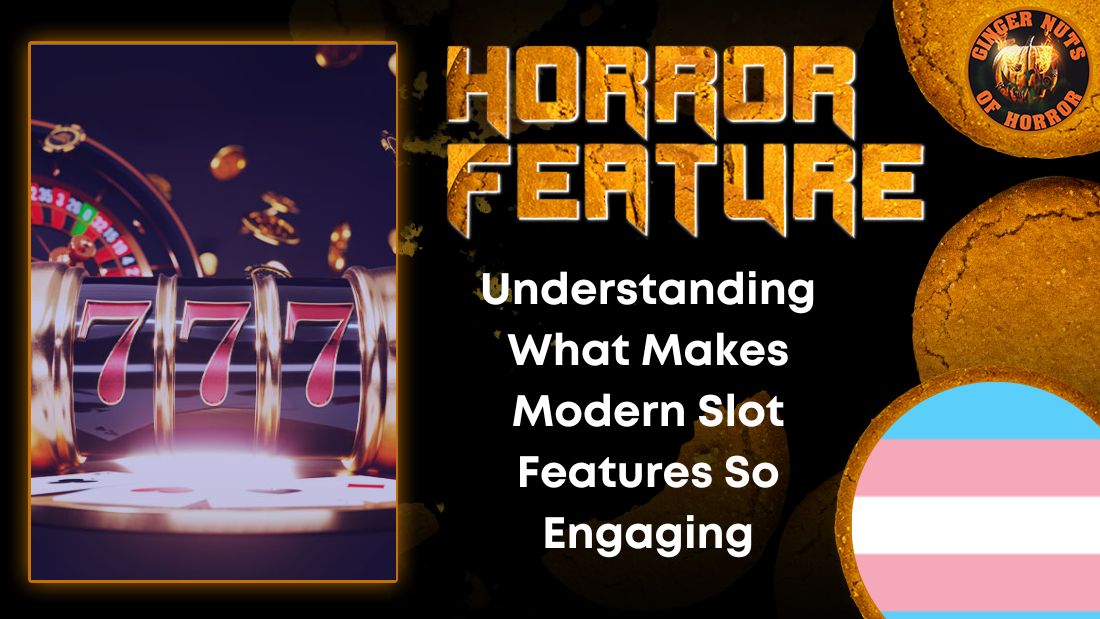High Stakes and Sunken Souls: The Ultimate Guide to Gambling Horror Fiction in 2025

Betting is a chaotic dance. It is a voluntary act of relinquishment, and the present is exchanged for a possible future that is too good to be true. Such an elementary operation as a bet against the unknown is just the reason why gambling makes such a rich and horrible soil of horror fiction. It is the genre that exploits our oldest and most primitive fears: the vagaries of fortune, the poisonous lure of addiction, and the ultimate loss of self when you can no longer leave the table.
Gambling and damnation are an old plot device, but contemporary horror has transformed the idea of an easy moral fault into the idea of a profound psychological, systemic, and even cosmic fear. However, this strong subgenre is an undiscovered secret, being frequently lost behind popular thrillers and nonfiction manuals. To the discriminating horror lover, this manual is your clue. We are going to roll the dice with the world of gambling horror and see the root classics of how the game was, and how the modern masterpieces have raised the stakes, and what the most expected gambling horror novel of 2025 is.
The Foundational Wagers: Classics That Defined the Game
To understand the origin of gambling horror, you must know where it is headed. Two iconic novels of the late 20th century established the set of archetypes for the subgenre and provided two possible directions for writers to take nowadays: the moral and the systemic.
The Faustian Bargain: Clive Barker’s The Damnation Game
The best example of the supernatural best is The Damnation Game, a sophisticated debut of Clive Barker, created in 1985. It defined what we may term the Moral/Allegorical Path, whereby one bet is the defining decision of a soul. The novel is about a bodyguard known as Marty Strauss who learns that his wealthy client, Joseph Whitehead, made his fortune in a game of cards he played over ten years ago with a demon named Mamoulian. Whitehead bet his soul to be lucky during his lifetime, and now the time had come to pay the price.
The genius behind the novel is that it depicts damnation not as a punishment to come, but as a current situation of moral corruption. A paranoia, cruelty, and soulless ambition with which Whitehead lives is as horrifying as the supernatural evil that Mamoulian is. According to Barker, Hell is not the real damnation, but the perverted life whose foundation is the deal with the devil. This solidified the notion of the bet as a metaphor of soul-defining compromise, a vertical horror that goes very deep into the spiritual rot of a single man.
The Arcane Deck: Tim Powers’s Last Call
Where Barker concentrated on one, heart-destroying business, the 1992 World Fantasy Award-winning Last Call by Tim Powers envisioned a whole world that was controlled by the reasoning of chance. The Systemic/World-Building Path of this novel made the horrors of finding oneself to be an unintended participant in a huge, old game whose rules one does not comprehend.
Protagonist, Scott Crane, comes to realize that one of his previous poker games, a high-stakes game, was a magical ritual, and losing, he had lost his body to his father, a magical King of Las Vegas. Powers skillfully incorporates actual history, including Bugsy Siegel, the Tarot deck, and so forth, into a complicated occult theory, in which every poker game can utilize psychic energy and change the past. The horror of Last Call is horizontal; it spreads in all directions and exposes the world in which the workings of the universe are literally constructed out of gambling.
These two novels have brought about an imperative divide. Psychologically declining and addictive stories are more apt to take the moral route followed by Barker, where those with intricate magical groupings and secret histories are more inclined to take the systemic way of Powers. This is a basic contradiction in horror itself: is it the monster of our own desires, or is it a system outside our control that we get entangled in?
The New High Rollers: How Contemporary Horror Changed the Stakes
The 21st century has seen the development of the gambling horror subgenre, which has moved beyond the heavy use of supernaturalism to the high-concept thrillers and the cold, bleak horror of the human psyche. This contemporary twist portrays our concerns regarding uncaring systems, agency deprivation, and those monsters that live inside us.
Systemic Dread and the Loss of Agency in The Odds
The Odds by Jeff Strand (2020) is a novella on how to modernize the wager. In this case, the Faustian bargain is substituted with a nightmare corporate style. Ethan, a desperate man, takes a very basic bet: 99 percent of winning 10,000 against 1 percent of being in a car crash in which his arm will be broken. He wins, but the game isn’t over. He is now caught in a progressively wagering spiral of ever-increasingly hideous bets.
Complete loss of agency is the horror in The Odds. The villain is not a demon but the game, controlled by an inhuman group whose interests are unfamiliar. This is a very modern phobia of being trapped within an unfathomable bureaucratic or technical machinery where the regulations are arbitrary and the house always wins. Strand removes the supernatural in favor of the cold, procedural horror of a game that is eventually ruined.
The Unflinching Realism of Addiction in High Stakes Horror
Morgan B. Blake has an anthology, High Stakes Horror: Dark Short Stories of Gambling, released in December of 2024, and is certain to be an essential read of 2025. It stands as an essential contrast to the genre works that are more on the fantastical side, basing its horror on the unpolished truth of gambling addiction.
Obsession destroys lives, and the tales follow the wretched results of obsession on individuals and families. According to this collection, the most frightening bets are not the soul in the afterlife, but life, sanity, and relationships in this and the present day. It comes at a really opportune time, as the world is experiencing a boom in Internet sports betting and online casinos. People have needed to take a base on the depths of all gambling horror by considering the inner monster of addiction, and in such a manner, the subgenre cannot be discussed without mentioning that it is the human tragedy of losing everything that is so very real.
Your Must-Read Bet for 2025: Chuck Tingle’s Lucky Day
Each year, several books take the genre to shocking new heights. In 2025, however, the most interesting and thrilling addition to the genre of gambling horror is, without a doubt, the Lucky Day by Chuck Tingle, released in August. Tingle has become one of the leading horror voices, and he is acclaimed because of his unusual skill to incorporate absurdity, true horror, and unexpected emotional insight.
The premise is as brilliant as it is terrifying: decades after some worldwide disaster known as the Low Probability Event, in which the laws of chance acted badly, and millions of weird deaths occurred, a nihilistic statistician named Vera is enlisted to research a supernaturally lucky casino that is thought to be the cause of the reality-altering interference.
Lucky Day places itself in a position to investigate the horror on a cosmic level. The monster is not a devil or a murmurer; it is simply the idea of nothingness, i.e., the terrifying truth that we are in a meaningless, absurd world where the logical rules of statistics have failed. The casino has ceased being a stage; it has become the epicenter of a metaphysical catastrophe. Gambling horror brought to its logical conclusion what the world meant when the house wasn’t just lucky, but was literally unmaking the world?
The novel is set to become the next step in the development of the subgenre, as it will not be about personal hell or a magical system of esoteric knowledge anymore, but about the nature of the very possibility. Employing statistics as a weapon and putting chance as the villain in the story, Tingle is stretching gambling horror into the lofty realms of “new weird” and cosmic horror. Lucky Day is a brilliant synthesis of the systemic, world-breaking horror of Last Call and the deeply internal world, soul-level struggle of The Damnation Game. It is no longer a gamble of soul against a devil, but an adventure of sanity against the cold, cold, cold indifference of cosmos.
Wild Cards: Deeper Cuts for the Genre Connoisseur
For those who have absorbed the classics and are ready to explore the subgenre’s stranger corners, these titles offer unique and compelling takes on the theme:
- For the Extreme Horror Fan: A Roll of the Dice by Matt Shaw – This is a gamebook, an interactive one that makes you a participant. The fate of the character depends on how you roll your own dice in a ruthless, no-holds-barred tale, and the experience of reading it is an actual gamble with bloody results.
- For the Supernatural Action Fan: Hell’s Casino (Dead Man Series) – A pulp action-horror high-octane, where the protagonist should fight a demon casino owner to rescue hundreds of lives. There will be explosive set pieces and supernatural battles.
- For the Paranormal Mystery Fan: The House Always Wins by Brian Rouff – A lighter but captivating mixture of genres. A young couple purchases an old house in Las Vegas, only to discover it is haunted by the ghost of a mobster, which puts them into an enigma in the present times.



